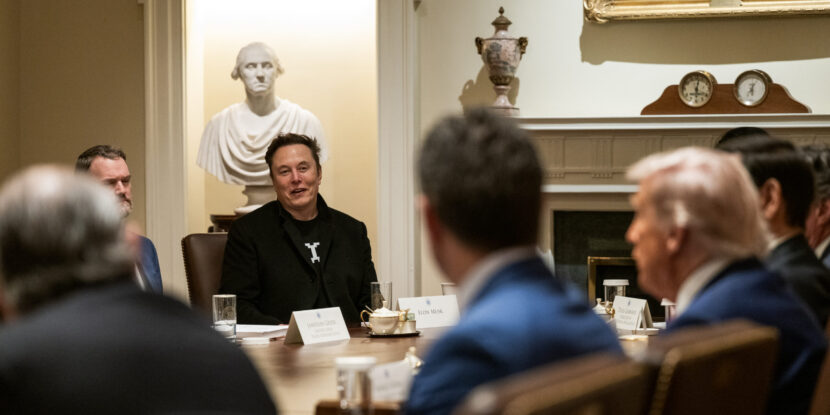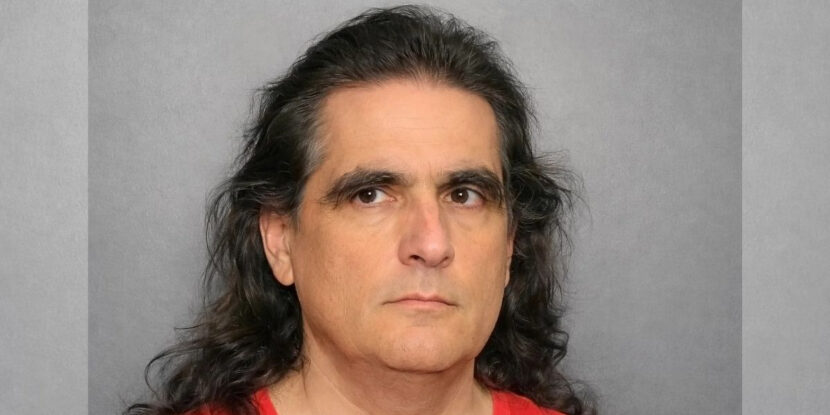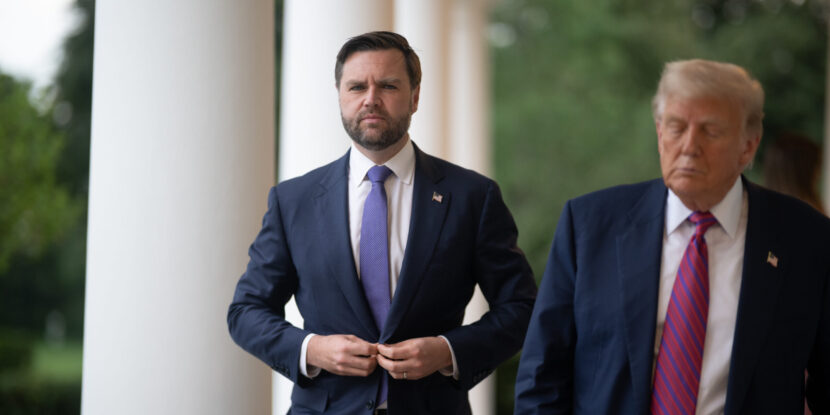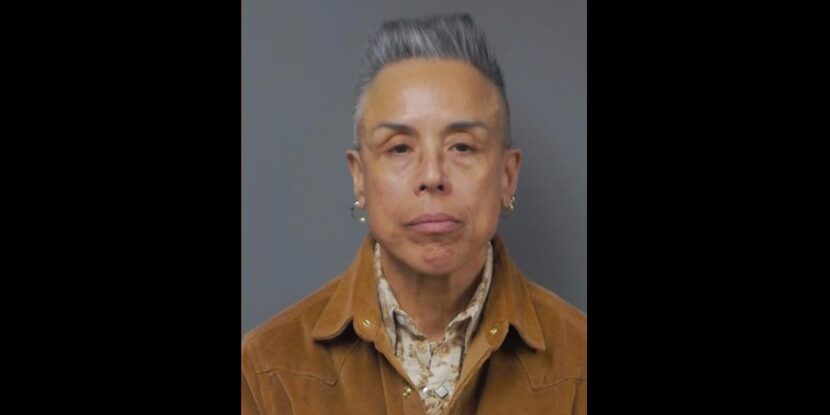PULSE POINTS:
❓What Happened: Elon Musk initially claimed he could reduce the federal budget by $2 trillion during Donald Trump’s 2024 campaign. Once appointed to front the Department of Government Efficiency (DOGE), Musk revised his target to $1 trillion, but recent statements have scaled back the expected savings further to $150 billion for fiscal year 2026.
👥 Who’s Involved: Elon Musk, President Donald J. Trump, and Defense Secretary Pete Hegseth.
📍 Where & When: White House cabinet meeting on April 10, Washington, D.C., addressing fiscal year 2026 (October 2025 – September 2026).
💬 Key Quote: “I’m excited to announce that we anticipate savings in ’26 from reduction of waste and fraud by $150 billion,” Musk said.
⚠️ Impact: Musk’s revised savings projection is prompting skepticism, with critics doubting the feasibility of ever cutting $1 trillion. DOGE’s method of accounting for savings has also been criticized due to errors and inaccuracies.
IN FULL:
Details from an April 10 White House cabinet meeting indicate Elon Musk moderated his ambitious budget reduction goals. Musk had promised substantial cuts to the federal budget, initially aiming for a reduction of $2 trillion. Subsequent revisions saw expectations reduced to $1 trillion upon Musk’s appointment to front the Department of Government Efficiency (DOGE).
However, at the April cabinet meeting, the Tesla and SpaceX CEO further reduced his expectations, citing $150 billion in anticipated savings from cutting waste and fraud for fiscal year 2026. In perspective, this represents a 92 percent reduction from the originally promised cuts to the budget spanning from October 2025 to September 2026.
“I’m excited to announce that we anticipate savings in ’26 from reduction of waste and fraud by $150 billion,” Musk said.
Musk’s newest budget cut target reflects data from the DOGE website, which currently amounts to the cited $150 billion in savings—though it is unclear whether the number is a hard ceiling for Musk and his team. The Trump White House maintains that the original $1 trillion in cuts remains the administration’s goal.
Notably, Musk’s cabinet meeting presentation was unusually brief, with Defense Secretary Pete Hegseth instead commencing the session—suggesting a possible shift to national security concerns as the administration’s top priority. Musk did insist that the federal government is a “target-rich environment” with inefficiencies being identified across agencies.
Despite its efforts, DOGE’s online platform has faced claims that its data is inaccurate and either miscounts or incorrectly attributes savings. These allegations have increased skepticism among both DOGE’s supporters and critics regarding the feasibility of the ambitious budget cuts.



















